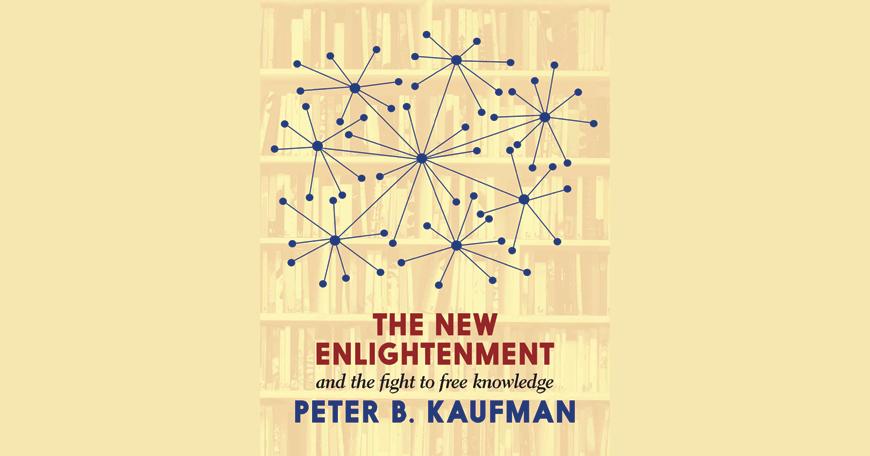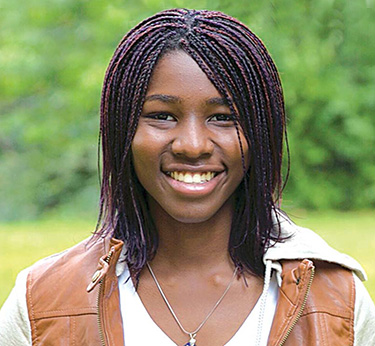
Peter Kaufman and the Right to Knowledge
The right to free speech. The right to a fair trial. The right to vote.
As a Nigerian who moved to the US only a few years ago, it took me a while to understand and accept that these rights are fundamental to existence in the US. When discussing his new book, The New Enlightenment and the Fight to Free Knowledge, in a recent xTalk (March 16, 2021), Peter Kaufman explored what it means to add another right: the right to knowledge and unbiased information. In the context of the past year, which brought with it an ongoing epidemic, protests, and a new awakening to the racial paradigm we live in, this issue is as important as ever. The perpetual misinformation directed to the public leads to the mishandling of mask-wearing policies and controversies over COVID’s existence. These are both a direct product of what he refers to as our acute information disorder.
Ironically, our news and radio sources began as a project by President Lyndon B. Johnson. In a speech announcing the creation of these outlets he said, “we must consider new ways to build a great network for knowledge… this system will be free and independent and will belong to all the people.” This vision is very different from the public television we have access to today where information is often biased and rarely based entirely on fact.
If we’ve been lied to about everything from our health to injustice and discrimination, what exactly is the solution? As a framework, Kaufman points to the 22 million word encyclopedia written during the height of the French enlightenment period which was then disseminated to the public. The compilation of all the world’s knowledge in one place at that point was unprecedented. What was even more interesting was that all of the contents of the encyclopedia aimed to be fact based and its authors spent countless hours fulfilling this commitment to verification.
Kaufman posits that the commitment to citation and verification in the encyclopedia is exactly what Americans need today, especially online. So what does verifiability mean? In its statement of principles, Wikipedia, a well-known website which Kaufman heralds as another source of truth telling, cites verifiability to mean “that material added to Wikipedia must have been published previously by a reliable source. Editors may not add their own views to articles simply because they view them to be correct and may not remove sources simply because they disagree with them.” This concept of verifiability of information can be easily made applicable to vaccine misinformation, something many people are dealing with today.
Kaufman’s final point is this: the battle of truth vs lies is not new. Even in the sixteenth century, William Tyndle was strangled and burned at the stake for trying to spread the truth. His ‘crime’ was translating the Bible so that people could read it without the influence of the Church or the monarchy. At that time, worship i.e., attendance at Church, was the only source for learning about the Bible as people were not allowed to own copies for themselves. Because of this, people could not interpret the facts, in this case the word of the Bible, for themselves and but instead had to rely on someone else’s second hand rendition. By democratising this information, Tyndle upset the status quo.
The situation persists today where news sources report interpretation of the facts instead of leaving the interpretation up to the listener. In our world, the right to knowledge and unbiased information is still in danger, says Peter Kaufman.

Isioma Osubor, '21, is an MIT student majoring in mechanical engineering

